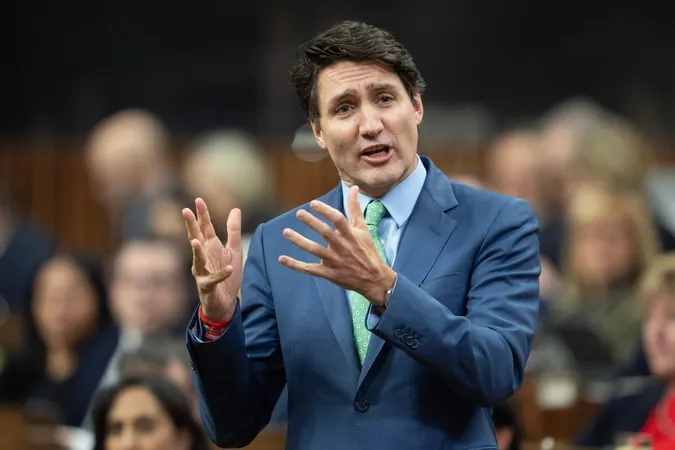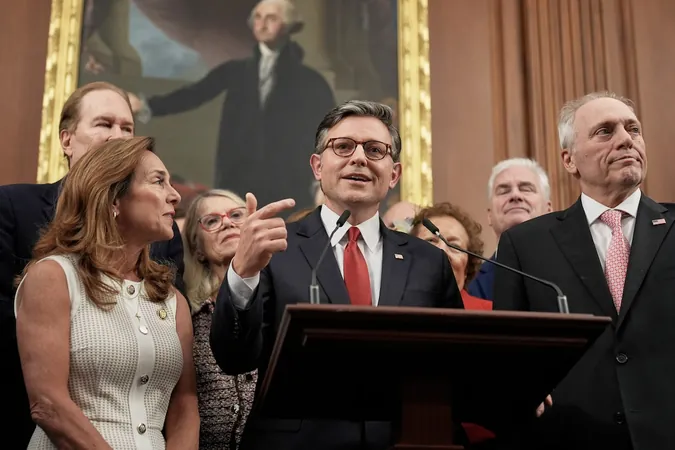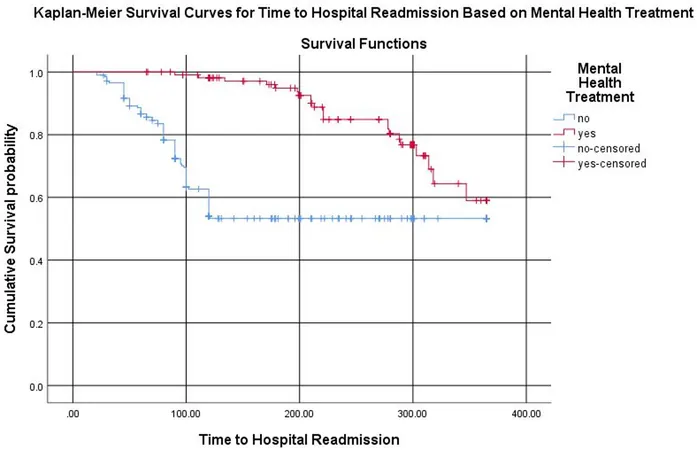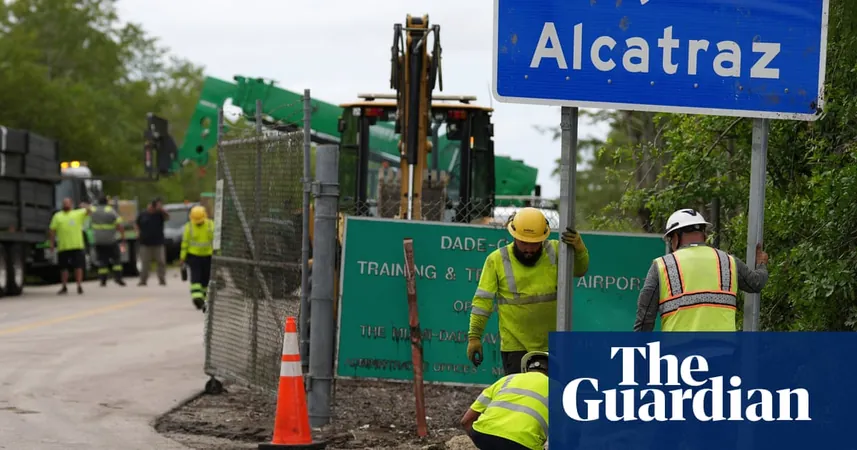
Court Fast-Tracks Legal Challenge Against Trudeau's Prorogation of Parliament: A Constitutional Crisis Unfolding?
2025-01-19
Author: William
Court Fast-Tracks Legal Challenge Against Trudeau's Prorogation of Parliament
In a significant legal development, a Canadian court has decided to expedite the proceedings concerning Prime Minister Justin Trudeau's recent decision to prorogue Parliament. Chief Justice Paul Crampton of the Federal Court announced late Saturday that the usual timeline for such hearings would be bypassed, paving the way for a hearing set for February 13 and 14 in Ottawa.
The legal challenge was initiated by Nova Scotia residents David MacKinnon and Aris Lavranos, who filed their application on January 8. They are seeking a ruling to nullify Trudeau's advisory to Governor General Mary Simon, which effectively suspended Parliament until March 24. Furthermore, they are requesting a declaration that the current parliamentary session remains active and has not been prorogued.
This expedited procedure comes on the heels of Trudeau's emotional January 6 announcement regarding his intention to step down as prime minister after the Liberal Party selects a new leader. The Prime Minister revealed that he had secured Simon's consent to prorogue Parliament, which means halting legislative activity in both the House of Commons and the Senate.
MacKinnon and Lavranos expressed urgency in their application, citing the economic threat posed by U.S. President-elect Donald Trump's potential imposition of heavy tariffs on Canadian goods. They argue that proroguing Parliament undermines its constitutional role and severely limits its ability to address critical issues swiftly, particularly in light of the looming economic challenges.
Their application highlights concerns that the prorogation serves to obstruct opposition efforts to introduce a motion of non-confidence against Trudeau's government, labeling the eleven-week suspension a 'grave threat' to Canadian democracy and the legislative system. 'Such an extended shutdown of our federal government’s legislative functions is unacceptable,' they argued, insisting that an urgent hearing is vital to resolving the matter promptly.
Opposing the expedited hearing, federal lawyers countered that the need for swift judicial review is overstated. They contend that the government will maintain its functions during the prorogation, ensuring continuity in foreign relations and trade policy.
However, in his ruling, Justice Crampton acknowledged the importance of addressing the urgent nature of the case, noting that the core relief sought by the plaintiffs could become irrelevant if the customary timelines were adhered to. He weighed the disadvantages to the federal government against the public interest in resolving these serious constitutional questions swiftly, ultimately favoring an expedited hearing.
As the legal battle unfolds, Canadians are left to ponder the implications of this unprecedented situation. What does this mean for the stability of Trudeau's government, and how will it impact the relationship with the incoming U.S. administration? Stay tuned as we continue to cover this developing story that could redefine the boundaries of executive power in Canada.









 Brasil (PT)
Brasil (PT)
 Canada (EN)
Canada (EN)
 Chile (ES)
Chile (ES)
 Česko (CS)
Česko (CS)
 대한민국 (KO)
대한민국 (KO)
 España (ES)
España (ES)
 France (FR)
France (FR)
 Hong Kong (EN)
Hong Kong (EN)
 Italia (IT)
Italia (IT)
 日本 (JA)
日本 (JA)
 Magyarország (HU)
Magyarország (HU)
 Norge (NO)
Norge (NO)
 Polska (PL)
Polska (PL)
 Schweiz (DE)
Schweiz (DE)
 Singapore (EN)
Singapore (EN)
 Sverige (SV)
Sverige (SV)
 Suomi (FI)
Suomi (FI)
 Türkiye (TR)
Türkiye (TR)
 الإمارات العربية المتحدة (AR)
الإمارات العربية المتحدة (AR)